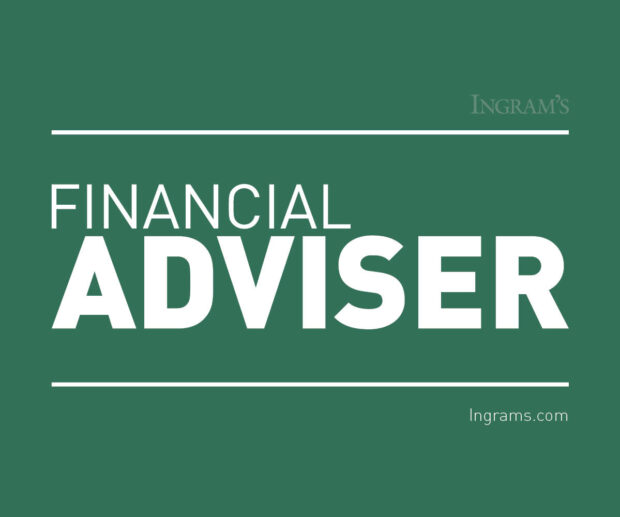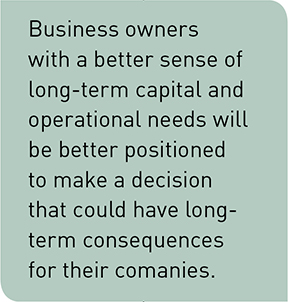HOME | ABOUT US | MEDIA KIT | CONTACT US | INQUIRE
HOME | ABOUT US | MEDIA KIT | CONTACT US | INQUIRE

 */?>
*/?>
Low interest rates and changes in accounting standards are motivating business owners to rethink their leases. One of the more important decisions a business owner will make is whether to lease or buy commercial real estate to house the company.
As you can guess, there are numerous benefits and drawbacks to consider. Some key points to help guide your decision making:
If you plan to occupy the same business location for 7 or more years, then buying a commercial property is generally less expensive than leasing. However, when evaluating whether to lease or buy a business location, cost shouldn’t be the only consideration. Other factors may make leasing more attractive.
Buying a building will cost a lot more up-front than leasing. A question a business owner should ask is whether they desire or can afford to tie up money for the down-payment of a mortgage, assuming a mortgage is necessary in the first place. If money invested in the business would earn 10 percent per year over a period of time and it is anticipated that a property will appreciate by 2.5 percent per year, this would translate to 7.5 percent more return had the money been invested in the business instead. In this instance, leasing may make better economic sense.
Leasing may also be more attractive if indeed there is the possibility that the business will outgrow the space and need to move in the next few years.

Other factors include evaluation of expense deductions and tax implications associated with the costs of leasing as opposed to buying.
Calculating the tax savings involved with leasing is straightforward. You can generally deduct all costs associated with leasing. However, the tax consequences of buying are less straightforward. Property is a capital asset, which means it is not deductible as a business expense. Property is depreciated over a 39-year period, and the cost of the capital asset is recovered over the life of the asset. Also, at the time a building is sold, both capital gains taxes and depreciation recapture will need to be accounted for in the calculation.
Buying a commercial property through a separate legal entity can provide for additional tax advantages as well as liability advantages that a leasing arrangement cannot provide. When buying a property through a separate corporate entity, the property could in turn be rented to the main business.
By setting the rent at the mortgage payment plus depreciation, a tax-deferred stream of income could be created. Also, such a scenario would shield the property from liability associated with the primary business. The reverse is also true.
Additionally, such an option could provide for flexibly if a decision is made to sell the business. It could be done without losing the property while potentially continuing to earn rent on the property after the business is sold. Conversely, if there is a need to raise money for the business, the property could be sold without selling the business itself.
Given the option of buying, eventually a mortgage will be paid off completely —meaning the building will be owned outright. Assuming yearly appreciation of just 2 percent on the building, given a 15- year period, the building would be worth 35 percent more than the purchase price. The potential appreciation in the value of the building over a longer period of time substantially increases the cost advantage of buying over leasing.
If a business intends to occupy a building for more than 7 years, it is generally better to purchase than lease the property from a purely monetary standpoint. The longer a company stays in the facility, the more the cost advantage increases for buying. And it bears repeating, monetary cost should not be the only consideration.
If the extra up-front cash you invest in buying impacts the ability to grow the business, then leasing is probably the better option. Owning and managing a building comes with its own set of challenges. Many business people may prefer to invest the extra time it takes to manage a building into running their business instead.
As you can see, there is not an easy answer whether you should lease or buy. The decision you make will be based on your own circumstances.
A business owner fortunate to have a good idea of the longer-term horizon of what their total space needs may be, and for what period of time; their working capital position and what it will look like from a longer term horizon; and the expected return on capital invested in the business, will be in a better position to ascertain whether leasing or buying a facility is the better answer